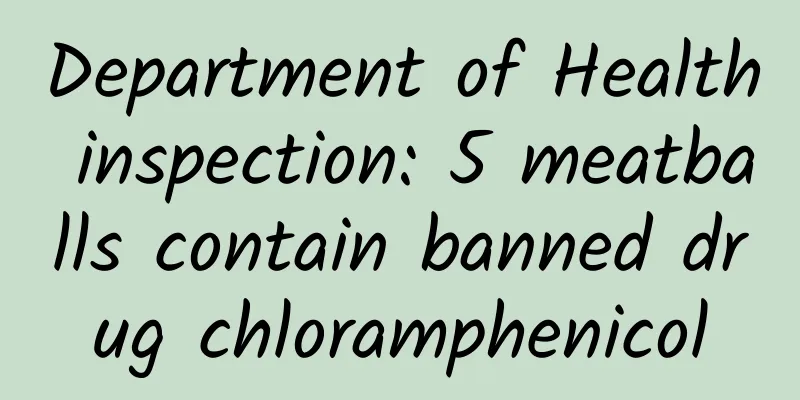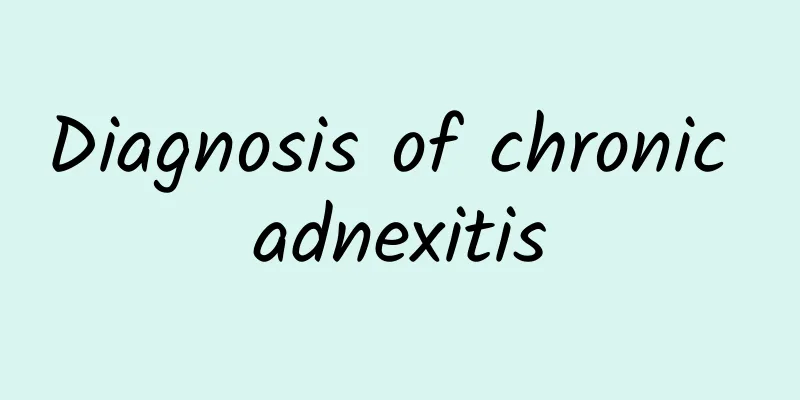Department of Health inspection: 5 meatballs contain banned drug chloramphenicol

|
The meatballs that Chinese people love to eat were found to contain banned drugs! The Food and Drug Administration and the Department of Health of the Department of Health implemented the 101st "Monitoring Program for Residues of Animal Drugs in Commercially Available Foods". In June and July, a total of 92 commercially available poultry and livestock products were sampled and tested, and the results showed that 11 of them did not meet the regulations. The majority of the unqualified items were meatballs, and 5 of them were found to contain "chloramphenicol", which should not be used. Meatballs are a commonly consumed food in China, but the Department of Health’s latest random inspection of commercially available food found that as many as 5 samples contained banned drugs. (Photography by Luo Huiwen) The Food and Drug Administration said that the samples randomly sampled included 25 black-bone chickens, 10 cow's milk, 12 goat's milk, 24 meatballs, 16 chicken eggs and 5 duck eggs, and the inspection items included 75 animal medicines. According to the Department of Health's "Animal Drug Residue Standards", no nitrofuran metabolites should be detected in black-bone chickens, no chloramphenicol should be detected in pork products, and no chloramphenicol and nicotinic acid should be detected in eggs; even animal drugs that can be used should meet the residue standards. The results showed that 5 pieces of meatballs were found to contain "chloramphenicol" which should not remain in the meat, 1 piece of meatball contained "procaine benzylpenicillin" which exceeded the standard by 5 times, 2 pieces of meatballs were found to contain "fluorochloramphenicol" and "benzylpenicillin" respectively, 1 piece of egg was found to contain "fluorochloramphenicol" and "necarbazine" which should not remain in the meat, and 1 piece of black-bone chicken was found to contain "nitrofuran metabolites" which should not remain in the meat. Most of these animal medicines are antibiotics or antibacterial drugs. The list of unqualified ones has been notified to agricultural units and sampling health bureaus, and further investigation will be conducted on the source of supply, the cause of residues, and whether the breeding environment is polluted. If the residues are caused by illegal use by breeders, the agricultural authorities will be asked to strengthen source management at the production end and deal with it according to law. |
<<: Slim Combat! More than 70% of office workers fail to lose weight
>>: Mooncakes "fight" fat and prevent bad cholesterol
Recommend
How to treat secondary amenorrhea with traditional Chinese medicine
The TCM treatment of secondary amenorrhea focuses...
Taking sugar-removing drugs to lower blood sugar, fasting to lose weight and a big belly, actually led to ketoacidosis!
In recent years, the number of people taking suga...
What is vulvovaginitis?
What is vaginitis? This is a concern for everyone...
What should I do if my vagina becomes swollen and itchy after menstruation?
What should I do if my vagina becomes swollen and...
Can Traditional Chinese Medicine Prevent the Recurrence of Cervical Precancerous Lesions?
Can traditional Chinese medicine prevent the recu...
What should not be eaten after ectopic pregnancy
It is well known that a normal fertilized egg imp...
The clinical etiology of pelvic inflammatory disease is inseparable from postoperative infection
It is very important to firmly grasp the cause of...
What causes Bartholinitis
After women are infected with gonorrhea, because ...
Can women with cervicitis swim?
Cervicitis is a common disease among women, mostl...
What are the typical symptoms of female ovarian cysts? We need to know
Ovarian cyst is a very common gynecological disea...
First case! New Taipei City found ractopamine in hamburger meat
The New Taipei City Health Bureau conducted a ran...
New topic of weight loss: African mango seed extract is actually...
Smiling Pharmacist Network has recently written a...
Is there a high chance of recurrence of uterine fibroids after surgery?
Is there a high chance of recurrence of uterine f...
Diet and health care for Bartholinitis
If you have difficulty urinating and defecating i...
What is the population prone to uterine fibroids?
Who are the most susceptible groups to uterine fi...









